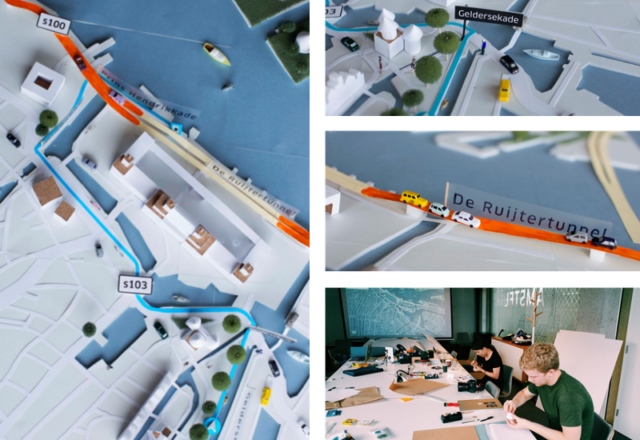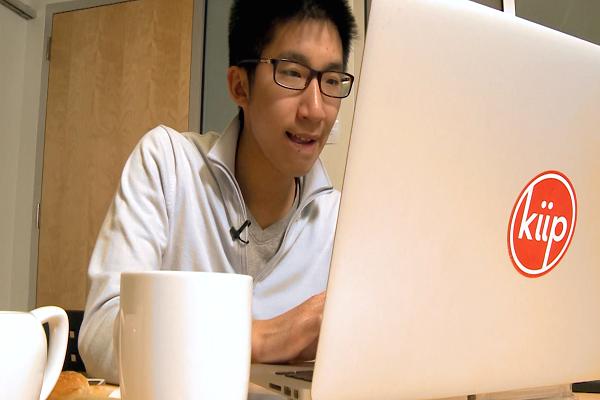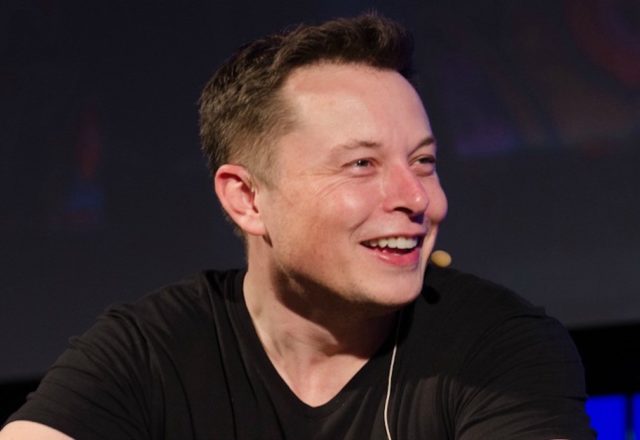You already know that a great user experience makes customers happy and businesses more successful. You’ve bought the books, read the blogs, and can tell anyone within earshot the story of how a certain Cupertino-based company made billions by putting users first.
But we don’t all work for Apple, and back in the real world, user experience doesn’t triumph so easily. Most UX designers still have to work hard to make an impact in organizations that aren’t yet recognizing design as a competitive advantage.










